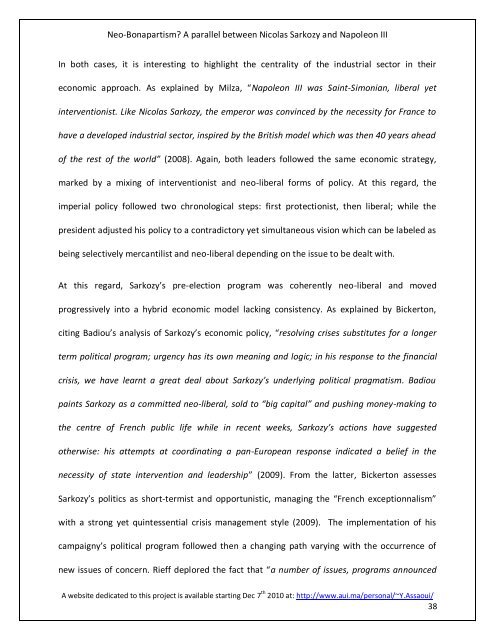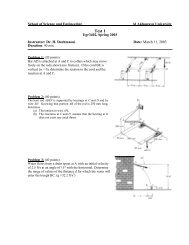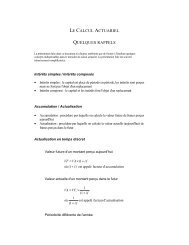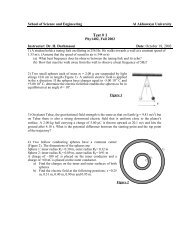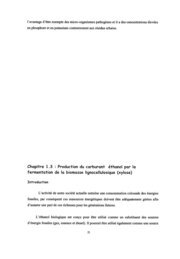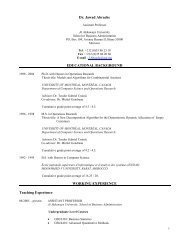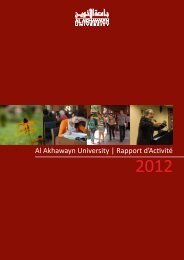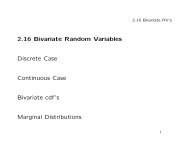Neo-Bonapartism? A parallel between Nicolas Sarkozy and ...
Neo-Bonapartism? A parallel between Nicolas Sarkozy and ...
Neo-Bonapartism? A parallel between Nicolas Sarkozy and ...
Create successful ePaper yourself
Turn your PDF publications into a flip-book with our unique Google optimized e-Paper software.
<strong>Neo</strong>-<strong>Bonapartism</strong>? A <strong>parallel</strong> <strong>between</strong> <strong>Nicolas</strong> <strong>Sarkozy</strong> <strong>and</strong> Napoleon III<br />
In both cases, it is interesting to highlight the centrality of the industrial sector in their<br />
economic approach. As explained by Milza, “Napoleon III was Saint-Simonian, liberal yet<br />
interventionist. Like <strong>Nicolas</strong> <strong>Sarkozy</strong>, the emperor was convinced by the necessity for France to<br />
have a developed industrial sector, inspired by the British model which was then 40 years ahead<br />
of the rest of the world” (2008). Again, both leaders followed the same economic strategy,<br />
marked by a mixing of interventionist <strong>and</strong> neo-liberal forms of policy. At this regard, the<br />
imperial policy followed two chronological steps: first protectionist, then liberal; while the<br />
president adjusted his policy to a contradictory yet simultaneous vision which can be labeled as<br />
being selectively mercantilist <strong>and</strong> neo-liberal depending on the issue to be dealt with.<br />
At this regard, <strong>Sarkozy</strong>’s pre-election program was coherently neo-liberal <strong>and</strong> moved<br />
progressively into a hybrid economic model lacking consistency. As explained by Bickerton,<br />
citing Badiou’s analysis of <strong>Sarkozy</strong>’s economic policy, “resolving crises substitutes for a longer<br />
term political program; urgency has its own meaning <strong>and</strong> logic; in his response to the financial<br />
crisis, we have learnt a great deal about <strong>Sarkozy</strong>’s underlying political pragmatism. Badiou<br />
paints <strong>Sarkozy</strong> as a committed neo-liberal, sold to “big capital” <strong>and</strong> pushing money-making to<br />
the centre of French public life while in recent weeks, <strong>Sarkozy</strong>’s actions have suggested<br />
otherwise: his attempts at coordinating a pan-European response indicated a belief in the<br />
necessity of state intervention <strong>and</strong> leadership” (2009). From the latter, Bickerton assesses<br />
<strong>Sarkozy</strong>’s politics as short-termist <strong>and</strong> opportunistic, managing the “French exceptionnalism”<br />
with a strong yet quintessential crisis management style (2009). The implementation of his<br />
campaigny’s political program followed then a changing path varying with the occurrence of<br />
new issues of concern. Rieff deplored the fact that “a number of issues, programs announced<br />
A website dedicated to this project is available starting Dec 7 th 2010 at: http://www.aui.ma/personal/~Y.Assaoui/<br />
38


